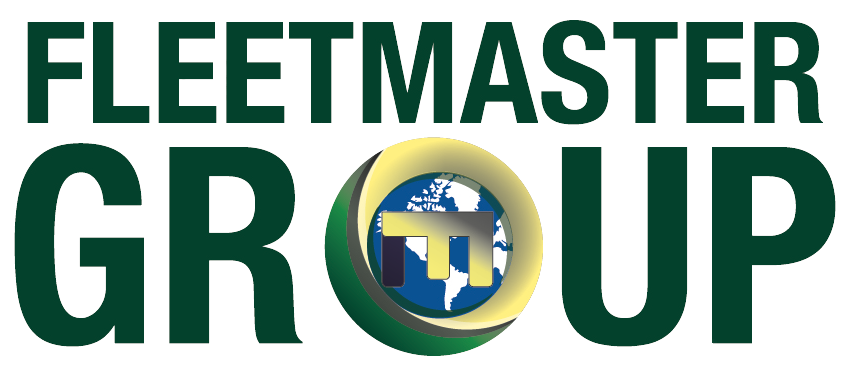The MKDSA would like to wish the followers of Judaism a wonderful new year.
Judaism – Rosh Hashanah (Jewish New Year Festival) and Yom Kippur (Day of Atonement)
Judaism is one of the oldest monotheistic religions and was founded over 3500 years ago in the Middle East. Jews believe that God appointed the Jews to be his chosen people in order to set an example of holiness and ethical behaviour to the world.
Jewish identity relies largely on religious practices. Rituals mark the important stages in a Jews life, and Jews celebrate many festivals throughout the year to remember important events in Jewish history. Worship of God is central to the Jewish faith. Many Jews place great importance on prayer and on worship in the synagogue.
There are many festivals in the Jewish calendar that are very important. Not only do they allow for communities to gather together, but they also link Jews to their past. Two of these are:
Rosh Hashanah: the Jewish New Year festival, which usually takes place in September or October. This year, it begins Friday, 15 September (at sunset) and ends Sunday, 17 September (at nightfall). It is the anniversary of the creation of Adam and Eve, and a day of judgment and coronation of God as king Lasting 2 days, the traditional greeting between Jews is “L’shanah tovah” meaning “for a good New Year”.
The Rosh Hashanah dinner begins with Kiddush over kosher wine and sweet, round challah bread (often studded with raisins) dipped in honey. Rosh Hashanah cuisine traditionally includes symbolic foods such as apples dipped in honey, fish (or ram) heads, and pomegranates, and sweet foods made with honey, such as carrot tzimmes, teigelach, honey cake (lekach), and more.
Rosh Hashanah is also a judgement day, when Jews believe that God balances a person’s good deeds over the last year against their bad deeds, and decides what the next year will be like for them.
God records the judgement in the Book of Life, where he sets out who is going to live, who is going to die, who will have a good time and who will have a bad time during the next year. The book and the judgement are finally sealed on Yom Kippur.
That’s why another traditional Rosh Hashanah greeting is “Be inscribed and sealed for a good year”.
A lot of time is spent in the synagogue on Rosh Hashanah when there are special services that emphasise God’s kingship. One of the synagogue rituals for Rosh Hashanah is the blowing of the Shofar, a ram’s horn trumpet. A hundred notes are sounded in a special rhythm.
Yom Kippur: the Day of Atonement during which Jewish people fast, pray, and atone for their sins, asking God for forgiveness. This happens ten days after Rosh Hashanah. This year, it is on Monday, 25 September 2023.
The Lord said to Moses, “The tenth day of this seventh month is the Day of Atonement. Hold a sacred assembly and deny yourselves, and present an offering made to the LORD by fire. Do no work on that day, because it is the Day of Atonement, when atonement is made for you before the LORD your God.” Leviticus 23:26-28
Yom Kippur, the most sacred and solemn day of the Jewish year, brings the Days of Repentance to a close. On Yom Kippur, God makes the final decision on what the next year will be like for each person. The Book of Life is closed and sealed, and those who have properly repented for their sins will be granted a happy New Year.
This special day is marked by Jews in several ways:
They abstain from food or drink for 25 hours,
They do not wear perfume,
They don’t have sex,
They don’t wash,
They don’t wear leather shoes.
The most important part of Yom Kippur is the time spent in the synagogue. Even Jews who are not particularly religious will want to attend synagogue on Yom Kippur, the only day of the year with five services:
Kol Nidrei – Evening service that marks the beginning of Yom Kippur
Shacharit – Early morning service with Torah reading
Musaf – A second morning service with Torah reading
Mincha – Afternoon service with Torah reading and a reading from the Book of Jonah
Neilah – Final service
At the end of the service, the shofar is blown for the final time.
More information on these and other Jewish Festivals can be found here – jvisit.org.uk



